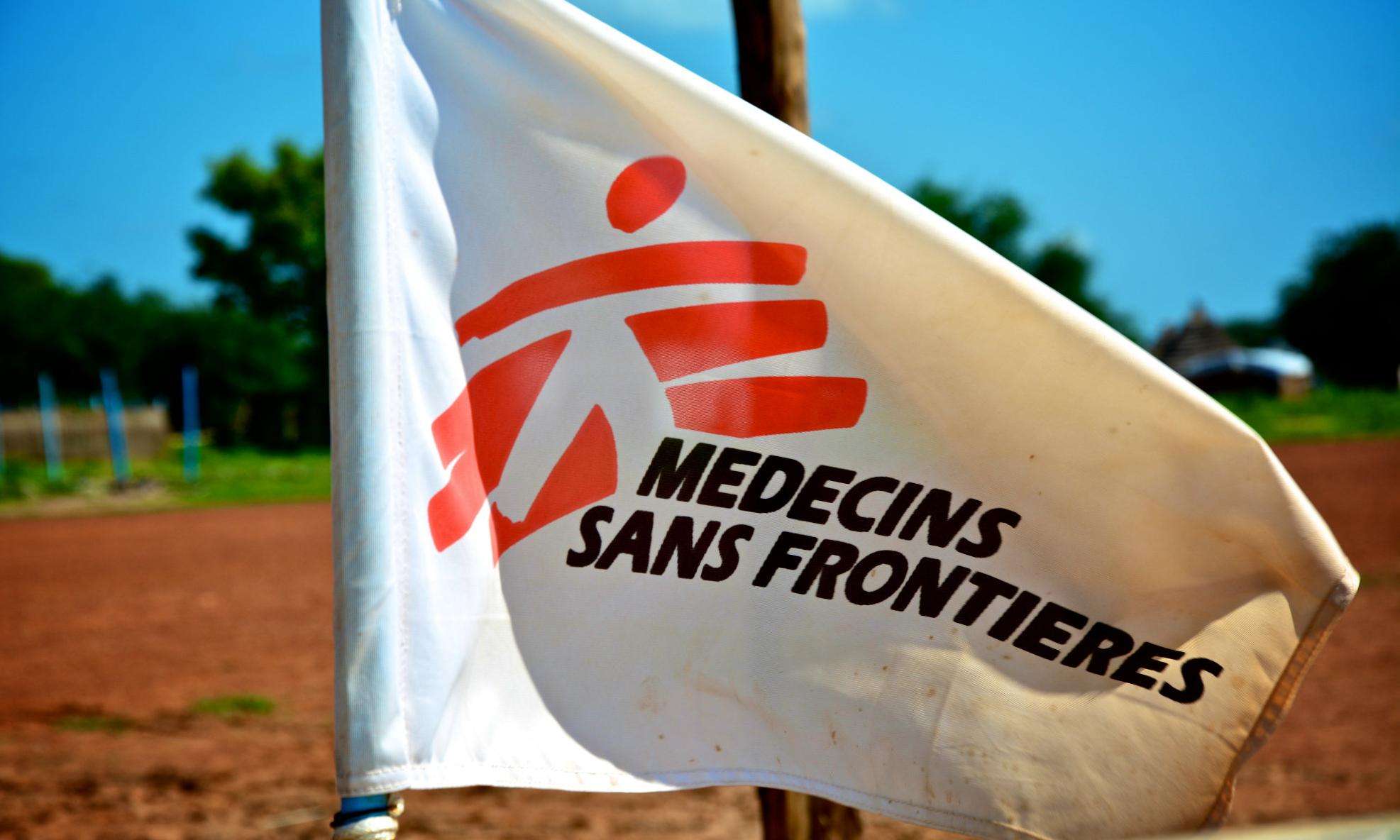The people of Turkmenistan are being failed by their health care system, by their government, and by the international community. The system that is supposed to ensure their health is instead designed to conceal problems. This is not a case of individual practitioners failing to do their jobs but one that is far more systematic.
It is undeniable that communicable diseases such as HIV/ AIDS, tuberculosis (TB) and sexually transmitted infections are more prevalent than reported figures would suggest. It is equally clear that public health risks are not being effectively addressed and that prevention mechanisms are not in place. Misinformation about how to avoid contracting and spreading disease is rampant. However, rather than encouraging workers in the health care system to actively counteract this through it and encouraging people to seek help, serious health care issues are being driven underground. As a consequence, it is all but impossible to gauge the real state of the health of people in Turkmenistan today.
In December 2009 Doctors Without Borders/Médecins Sans Frontières (MSF) took the difficult decision to close the last of its programs in Turkmenistan. MSF had been present in the country for more than ten years and had had unique opportunity to witness the challenges facing the health care system. Unlike most of the countries in which MSF works, Turkmenistan’s health crisis is not characterized by large-scale outbreaks of infectious disease, malnutrition or violence, nor by a complete absence of health care provision. Instead it is through systematic denial and manipulation; a system of smoke and mirrors reinforced by fear.
The purpose of this report is to shed light on some of the key issues in Turkmenistan’s health care system and to raise concerns about the role of international actors in the country. Anonymised examples from MSF’s experience of working directly with the country’s health care system illustrate the extent to which the capacity to make real change or improvement was constrained. Instead, international organizations help perpetuate the problems by giving a veneer of legitimacy to figures and practices that are not only ineffective, but often dangerous.
Key Findings
- Access to health care for the population of Turkmenistan is restricted by fear of the social and political consequences of illness for both health care practitioners and patients and by stigma.
- International standards and protocols exist mainly on paper, and are not routinely or consistently implemented in the country’s health care system.
- Failure to acknowledge or address communicable diseases such as TB, HIV and sexually transmitted infections is most likely compounding upon and expanding existing problems. TB, particularly in its multi-drug-resistant form, is perhaps the country’s most serious public health threat, and poses a high risk of creating a serious crisis in Turkmenistan.
- Despite the appearance of greater openness since the accession to power of former Health Minister Gurbanguly Berdimuhamedov, real change has not taken place. Instead, greater engagement with the international community is serving only to mask the continuation of old practices, including the manipulation of health data.
- International organizations risk being complicit in the entrenchment of problems by transmitting government misinformation as fact and by failing to address openly and firmly the problems that they are witnessing in the health care system.





